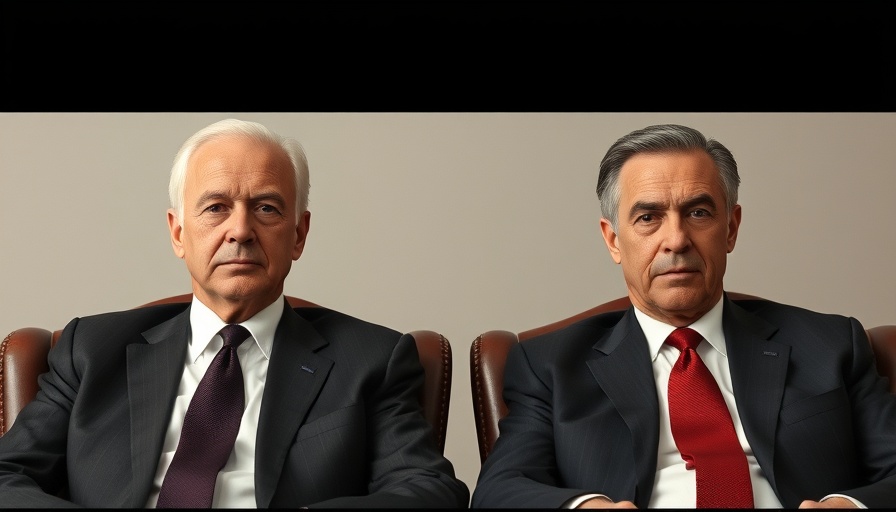
The Political Drama Unfolds
The uMkhonto weSizwe (MK) Party has taken decisive legal action by approaching the North Gauteng High Court in Pretoria. This urgent bid seeks to challenge President Cyril Ramaphosa’s controversial decision to place Police Minister Senzo Mchunu on a leave of absence. This significant move comes on the heels of the Constitutional Court's refusal to grant the party direct access in July, deeming the matter outside its exclusive jurisdiction.
The MK Party's grievance goes beyond mere administrative dissatisfaction; it questions the legitimacy of several interlinked decisions made by President Ramaphosa. Among these are the decision to place Mchunu on leave, the appointment of Prof. Firoz Cachalia as Acting Minister of Police, and the establishment of the Madlanga Commission of Inquiry. Former President Jacob Zuma, who has thrown his weight behind the MK Party’s stance, argues that such maneuverings are unprecedented, and he raises concerns about the financial implications of paying two individuals to perform the same role.
Implications for South African Governance
This court case strikes at the heart of governance practices in South Africa, particularly within the governing African National Congress (ANC). The MK Party is not merely contesting a minister's leave; it aims to initiate a broader discussion on governmental transparency and accountability. Zuma's affidavit highlights a significant concern among citizens regarding the perceived inefficiencies bred by overlapping governmental roles.
The implications are profound, especially in a nation that grapples with a multitude of crises—ranging from economic downturns to social justice issues. Citizens are keen observers of how such high-profile cases influence public trust in government reliability, particularly as the ANC prepares for upcoming national elections. Political analysts speculate that the outcome could either sharpen internal party divides or foster a renewed confidence in governance.
Crisis Beyond the Courtroom
While legal battles ensue, South Africa faces an array of pressing issues—a spiraling unemployment rate, load shedding due to Eskom’s struggles, and escalating crime statistics. With South Africa's socio-economic fabric under strain, many citizens feel increasingly alienated from political processes perceived as fraught with self-serving agendas.
The MK Party's legal actions may likely galvanize a growing discontent among the populace who believe that true accountability has remained elusive under current leadership. There is a palpable demand for leadership that prioritizes the public good over political maneuvering. Thus, as MKP seeks to invalidate presidential decisions, it indirectly brings to the forefront citizens' calls for better governmental policies that address governing inefficiencies and corruption investigations.
The Future: What Could This Mean?
The future landscape of South African politics could be significantly influenced by the court's decision on the MK Party's challenge. As the pressure mounts on the ANC amid accusations of state capture and governance failures, the party's ability to respond effectively is under intense scrutiny.
If the court rules in favor of the MK Party, it could set a precedent for increased legal challenges against the ANC’s decisions, initiating a trend where governmental actions come under intensified scrutiny. Conversely, a ruling against the MK Party might quell some dissent but could also embolden critics of the ANC to accelerate their calls for reform and transparency in governance.
Conclusion: Urgent Call for Accountability in Governance
This situation underscores the urgent need for transparency and accountability in South African politics, resonating profoundly with citizens who demand meaningful change. As the MK Party embarks on this legal battle, it opens the floor for discussions about governance that transcend party lines—highlighting the innate desire for a leadership that serves its populace with integrity and purpose.
In a climate rife with challenges, from economic recovery to social justice movements, the outcome of this case could shape the course of South Africa's political future. Citizens must remain engaged in political processes, ensuring that their voices resonate strongly in advocating for a government that is truly representative, equitable, and transparent.
 Add Row
Add Row  Add
Add 




Write A Comment